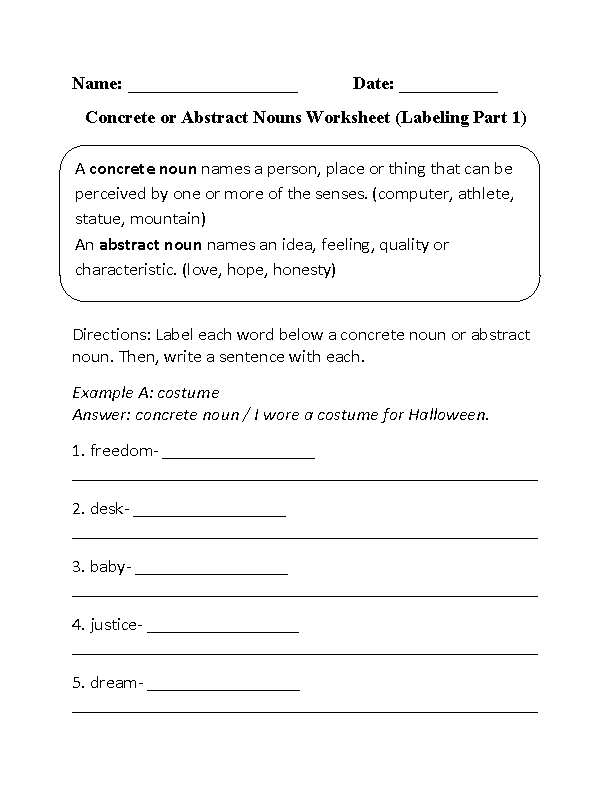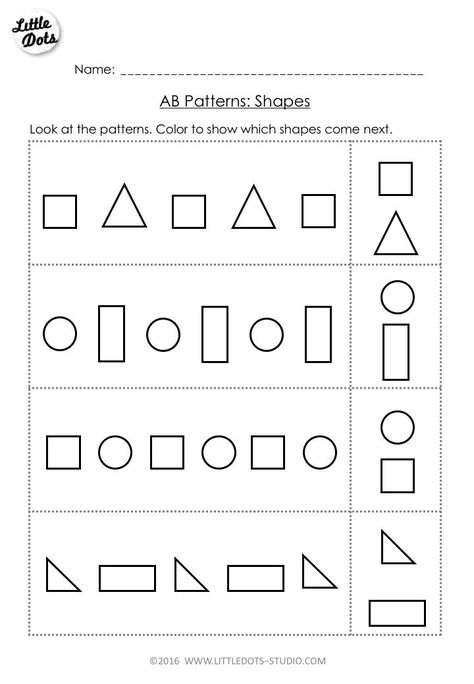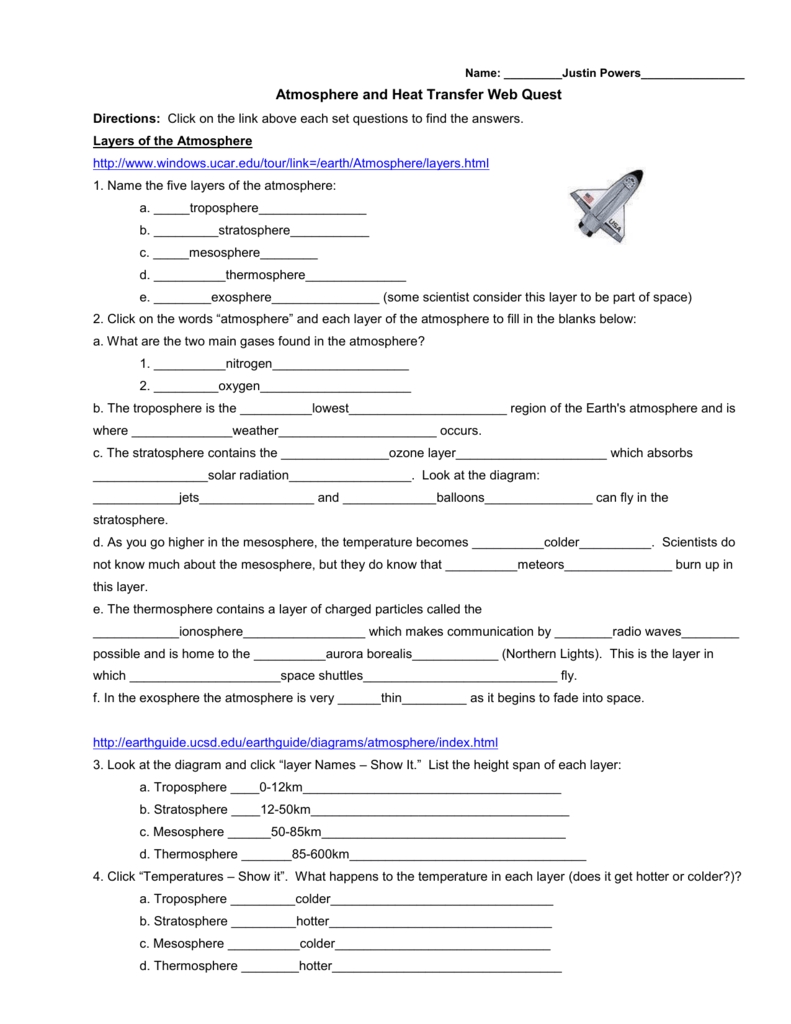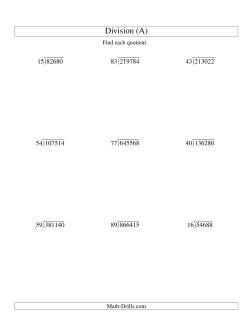Worksheet On Concrete And Abstract Nouns

Understanding Concrete and Abstract Nouns
Concrete nouns and abstract nouns are two fundamental categories of nouns in the English language. Understanding the difference between these two types of nouns is essential for effective communication and clear expression of ideas.
Concrete Nouns
Concrete nouns are tangible, physical objects that can be perceived through our senses. They can be seen, touched, heard, smelled, or tasted. Examples of concrete nouns include:
- Animals (e.g., dog, cat, elephant)
- Food (e.g., apple, pizza, sushi)
- Objects (e.g., book, chair, phone)
- Places (e.g., park, beach, mountain)
Concrete nouns are often easy to identify because they refer to specific, tangible things.
Abstract Nouns
Abstract nouns, on the other hand, are intangible, non-physical concepts that cannot be perceived through our senses. They are often emotions, ideas, or feelings. Examples of abstract nouns include:
- Emotions (e.g., happiness, sadness, anger)
- Ideas (e.g., freedom, justice, equality)
- Feelings (e.g., love, hate, fear)
- Concepts (e.g., time, space, gravity)
Abstract nouns are often more difficult to identify because they refer to intangible, non-physical concepts.
Identifying Concrete and Abstract Nouns
To identify whether a noun is concrete or abstract, ask yourself:
- Can I see, touch, hear, smell, or taste the noun?
- Is the noun a physical object or a tangible thing?
- Is the noun an emotion, idea, or feeling?
If you answered “yes” to the first two questions, the noun is likely concrete. If you answered “yes” to the third question, the noun is likely abstract.
Examples and Exercises
Here are some examples and exercises to help you practice identifying concrete and abstract nouns:
Example 1:
Identify whether the following nouns are concrete or abstract:
- Happiness (abstract)
- Book (concrete)
- Freedom (abstract)
- Car (concrete)
Exercise 1:
Identify whether the following nouns are concrete or abstract:
- Joy
- Pen
- Sorrow
- Computer
Answer Key:
- Joy (abstract)
- Pen (concrete)
- Sorrow (abstract)
- Computer (concrete)
Example 2:
Identify whether the following nouns are concrete or abstract:
- Mountain (concrete)
- Love (abstract)
- Chair (concrete)
- Fear (abstract)
Exercise 2:
Identify whether the following nouns are concrete or abstract:
- River
- Happiness
- Tree
- Anger
Answer Key:
- River (concrete)
- Happiness (abstract)
- Tree (concrete)
- Anger (abstract)
📝 Note: Remember that some nouns can be both concrete and abstract, depending on the context. For example, "heart" can refer to the physical organ (concrete) or the emotional center of a person (abstract).
Conclusion
In conclusion, understanding the difference between concrete and abstract nouns is essential for effective communication and clear expression of ideas. By identifying whether a noun is tangible and physical (concrete) or intangible and non-physical (abstract), you can improve your language skills and convey your ideas more accurately.
What is the main difference between concrete and abstract nouns?
+Concrete nouns are tangible, physical objects that can be perceived through our senses, while abstract nouns are intangible, non-physical concepts that cannot be perceived through our senses.
How can I identify whether a noun is concrete or abstract?
+Ask yourself: Can I see, touch, hear, smell, or taste the noun? Is the noun a physical object or a tangible thing? Is the noun an emotion, idea, or feeling?
Can a noun be both concrete and abstract?
+Yes, some nouns can be both concrete and abstract, depending on the context. For example, “heart” can refer to the physical organ (concrete) or the emotional center of a person (abstract).



